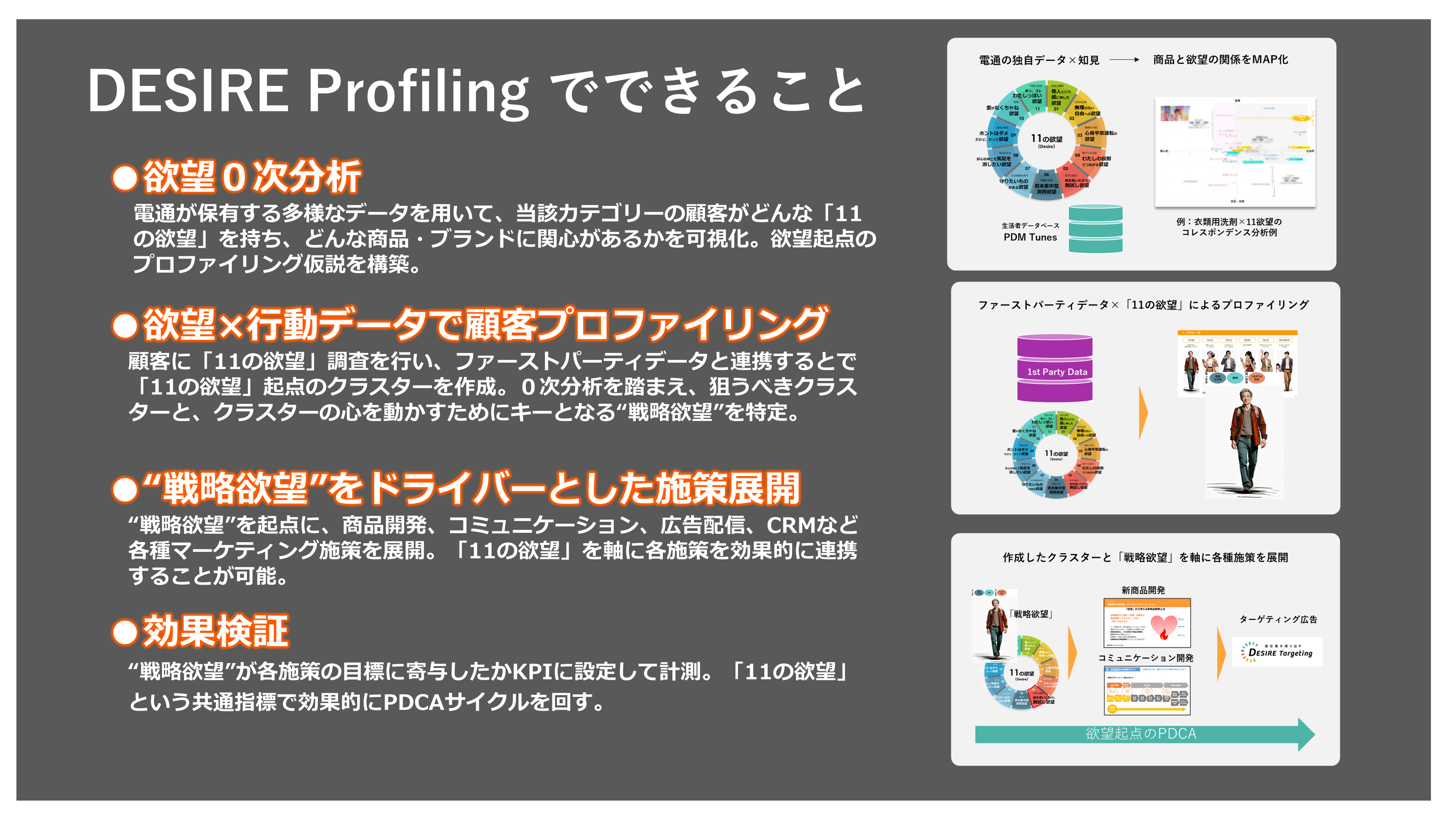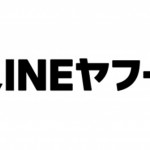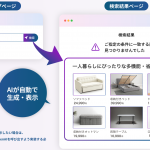媒体社主導のフランスRTB市場について
This year’s ATS Paris was ExchangeWire’s biggest event yet in France. The data-driven ad market is growing fast, and is leading the way in innovation compared to the other two big markets in Europe. Over the past twelve months we have seen two publisher exchanges come to market, as well a huge number of Independent Trading Desks servicing the trading requirements of both agency and advertiser. ExchangeWire caught up with ATS Paris keynote, Julien Gardes, Country Manager, France, Rubicon Project, to discuss the French market as a whole, as well as getting a deeper dive into the premium publisher strategy, particularly around La Place.
Let’s talk about the French display market first, how much of an impact has automated trading had on the overall display market since you joined Rubicon Project?
In a word: massive.
The French market has been an early adopter of RTB since it came to market, with publishers then trading desks embracing it like ducks to water.
The shift towards automated trading has been especially impressive for a country with such a high volume of ad networks – 55% of our revenue now comes from RTB sources, up from almost nothing a short time ago. Meanwhile, those ad networks with significant tech added value are still doing well, and many are embracing RTB themselves.
It was retargeters that pioneered the use of RTB in France, not a big surprise since this buying model with its embedded granularity fits perfectly well with their need to target users based on their quality ranking for every advertiser they send traffic to.
In terms of the big agencies using RTB, we saw a huge spike at the end of Q1 when Vivaki and Aegis really fired up their trading desk buying, however, we won’t sit still until the whole market catches up. There are positive signs we’re going to see this happen in 2013 and I expect to see up to 70% of our managed revenue coming from RTB sources.
There seem to be a lot of Independent Trading Desks in the French market? Why is that?
The usual process for a top 5 agency is to test and learn first in the UK and only later to deploy to the rest of Europe. As you’d expect, this has delayed some of the biggest players’ rollout to France – though one notable exception is Havas which launched here two years ago.
The absence of major trading desks in France left the field open somewhat to independent pioneers like MATIRO, quickly followed by others to enter the market, and in many cases lead the way. Incidentally, we saw the same thing happen in search here a few years ago, with a lot of independent agencies springing up (remember the likes of Takezo, Pole Nord, Nextedia…)
In terms of the threat of long tail inventory sources like Facebook and Google Adx are having on the market, what should publishers be doing to compete?
If they haven’t already, publishers really need to understand RTB and work on an individual strategy as a priority. FBX and ADX pose a massive threat to publishers’ businesses and are certainly among the main reasons for the emergence of publisher co-ops like La Place Media.
Leveraging regular insights from RTB channels through your partners and working closely with agencies on bespoke and tailor-made agreements using private marketplaces and Deal ID will without a doubt form a part of these considerations.
As the technology matures, we’re really just at the start of understanding how RTB can be customised, bundled and used as an additional asset by publishers seeking greater efficiencies and lowering the gap between Class 1 and Class 2 buys.
Is all display becoming data-driven and both DR and brand spend are sourced from the automated channel, could French publishers lose a lot of revenue to the big two?
I really don’t think so. Today, RTB is mostly driven by standard IAB formats and while I am very optimistic about the gains both sides can make through this trading mechanic, I don’t foresee home page takeovers, interstitials or advertorials being sold via automated channels any time soon.
One of the reasons for the success of RTB and one of the ways Rubicon Project has been trying to promote it is with a lot of pragmatism. Don’t oversell and under-deliver!
Moreover, private marketplaces now provide the same levels of control you’d apply to your direct sales team, all in an automated setting. This move to automation is actually opening up the way for more brand-led deals and closer relationships between advertisers, trading desks and quality publishers.
In other words, it isn’t about publishers losing brand spend, but rather that agencies are starting to move that spend to automated channels for greater efficiency and lower overheads. This is exactly the sort of trend publishers need to be aware of, where otherwise they might risk losing it to the ‘big two’.
Rubicon Project is powering La Place Media in France. Is the relationship with La Place focused mostly around the technology layer?
There has been some bad word of mouth recently in France claiming that we think of La Place Media as a “mini Rubicon Project” – this couldn’t be further from the truth. La Place Media is one of our top clients, with highly bespoke needs given the fact that the co-op includes 85 brands and websites, all with different constraints.
La Place Media runs on the Rubicon Project’s REVV platform, but also benefits from a dedicated and independent five person team (all French), ensuring that it maximises all possible revenue from the partnership.
We believe that great technology is a number one differentiator, but without great people, you can’t take full advantage of the technology you use, no matter how good it is.
In terms of volume will this be the biggest premium exchange in the market? And what does that mean for buyers?
In terms of volumes of impressions and for the French market, I believe it is actually one of the biggest – with around 4B impressions per month.
But what makes it really special is the seal of quality it brings to the demand side – La Place Media consists purely of premium, high quality editorial brands.
My guess is that this is exactly the kind of RTB initiative branding budgets have been crying out for. We saw this immediately after launching La Place Media in beta back in August with a number of high engagement campaigns appearing in the 300×600 format.
How important do you think collaboration among premium publishers in this market really is?
As publishers here have been quick to acknowledge, it’s absolutely crucial, and we expect to see this mirrored in a number of other European markets with more co-ops on the horizon. There are four main points I’d raise on this subject:
- France is clearly leading the way here with La Place Media and another publisher co-op already in the works. Whether the market can handle two similar projects is a question I don’t want to take on here but is still worth asking.
- You really need to be very cautious – since managing a co-op is an extremely demanding process and all parties need to act as true business partners, with a dedicated and independent resource to support it.
- The best 11 footballers don’t always make the best team – likewise individuals that complement each other, show the most dedication and all aim for the same goal will make up the most successful co-ops.
- Who knows how many publisher co-ops we’ll in the future, but I expect that we’ll definitely see more vertical private exchanges for high demand verticals like travel, automotive, etc.
Are we going to see more innovation from premium publishers beyond just a buying point for agencies et al? Will we see French publishers innovate and build their own trading desks?
Technology allowing buyers to become sellers and vice versa will be one of the hot topics for 2013.
Add to this the adoption of Deal ID, the rise of data management platforms and most importantly, the growth of audience extension through publisher trading desks – all of these will be key factors as this develops.
Using first party data, audience extension offers publishers the holy grail of wider reach on similar premium partner (or indeed publisher co-op) inventory.
This is where RTB can really lift off.
from:http://www.exchangewire.com/blog/2012/11/16/julien-gardes-discusses-the-data-driven-ad-market-in-france-and-rubicons-relationship-with-la-place-media/












